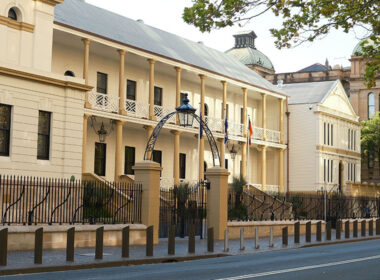On 21 November 2022, the New Zealand Supreme Court issued a landmark declaration that the minimum voting age of 18 is inconsistent with the country’s Bill of Rights and has not been justified by the government.
The case was brought forward by an advocacy group called Make It 16, who have campaigned since 2019 to lower the voting age to 16. The group argued that 16 and 17-year-olds should be able to vote on matters affecting them such as climate change.
The Supreme Court found in favour of the group’s appeal, declaring the voting age to be inconsistent with section 19 of the Bill of Rights Act, which grants people 16 years and over freedom from age discrimination. The Court held that these inconsistencies have not been justified by the government, in accordance with section five of the Act.
The Court’s ruling does not mean the voting age will be lowered; rather, it pushes the matter onto parliament’s agenda. Because the electoral law is entrenched, 75 per cent of parliament would need to vote for it to be changed, or to hold a referendum about it.
Sanat Singh, co-director of Make It 16, said he was thrilled by the court’s declaration.
“It’s a huge day,” said Singh.
“This is historic not only for our campaign, but for the country.”
This is historic not only for our campaign, but for the country.
Sanat Singh, Co-Director of Make It 16
Singh said ongoing issues such as climate change, pandemic recovery and the state of democracy continue to affect young people.
“That’s why I think it’s really important to get all hands on deck to make sure we can have a stronger future,” he said.
Singh’s co-director Caeden Tippler added, “The government and parliament cannot ignore such a clear legal and moral message”.
“They must let us vote,” said Tippler.
Prime Minister Jacinda Ardern said the government would draft legislation to lower the voting age to 16 and put it forward to a vote in Parliament.
“I personally support a decrease in the voting age,” said Ardern.
“But it is not a matter simply for me or even the government. Any change in electoral law of this nature requires 75 per cent of parliamentarian support,” she said.
The NZ Green Party has called for immediate action, while the National Party has said they do not support lowering the voting age.
“Obviously, we’ve got to draw a line somewhere,” said National Party leader Christopher Luxon.
“We’re comfortable with the line being 18. Lots of countries have different places where the line is drawn and from our point of view, 18 is just fine.”
NZ’s voting age was previously lowered from 21 to 20 in 1969 and from 20 to 18 in 1974.
Several countries have considered lowering their minimum voting age. In Austria, Malta, Brazil, Cuba and Ecuador, the current minimum voting age is 16.
In Australia, the ACT Greens party introduced a bill in December 2019 to allow 16-year-old residents to vote. However, it was not passed.




